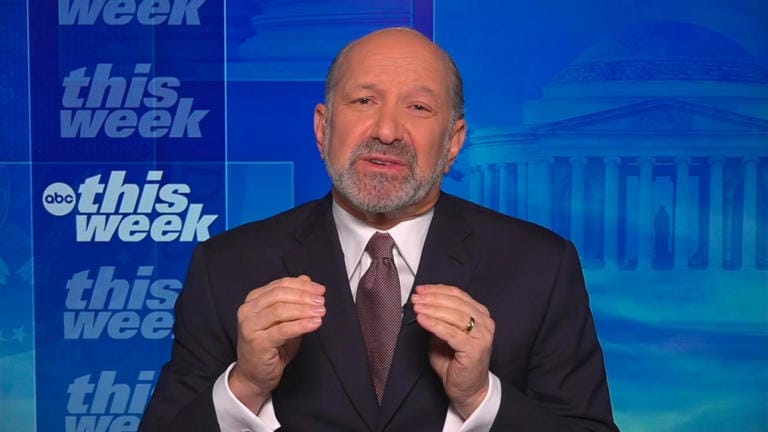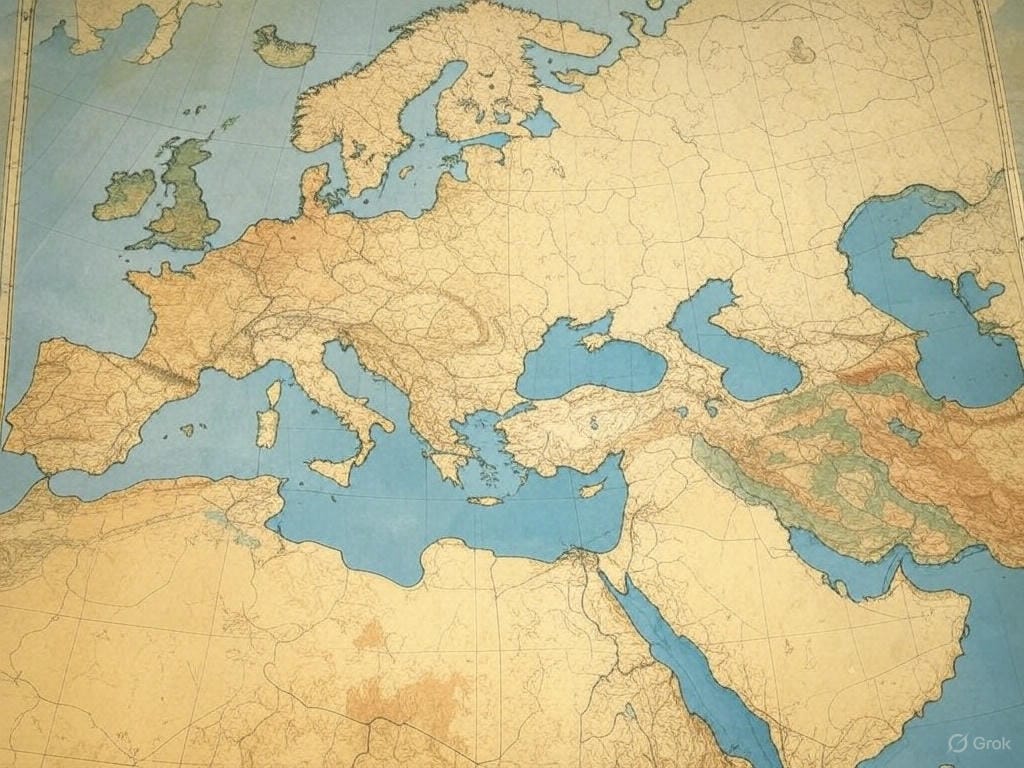The idea of a singular “Western Civilization” or “European Civilization” is a myth—a constructed narrative that oversimplifies the complex, interconnected history of humanity. These terms suggest a unified, linear progression of culture, values, and achievements, but the reality is far more nuanced. Europe and the so-called “West” have always been shaped by diverse influences, from ancient Mesopotamia and Egypt to the Islamic Golden Age and beyond. The Renaissance, often hailed as a pinnacle of Western achievement, was deeply indebted to the knowledge preserved and advanced by Arab scholars. Similarly, the Industrial Revolution was fueled by global trade and resources, not just European ingenuity. By labeling these developments as “Western” or “European,” we erase the contributions of countless cultures and civilizations that have shaped the world. True history is a tapestry of shared ideas, migrations, and exchanges—not a story of isolated, superior civilizations. It’s time to move beyond these outdated labels and embrace a more inclusive understanding of our collective past.




